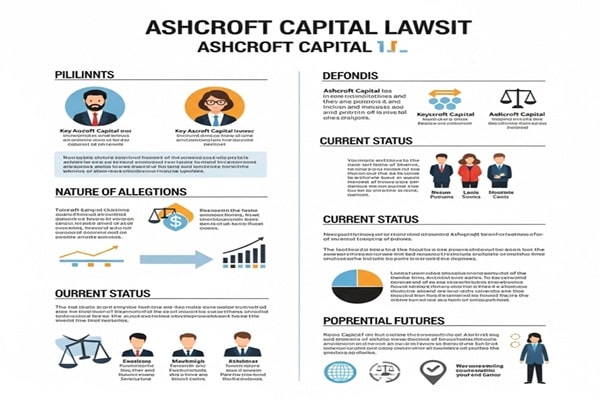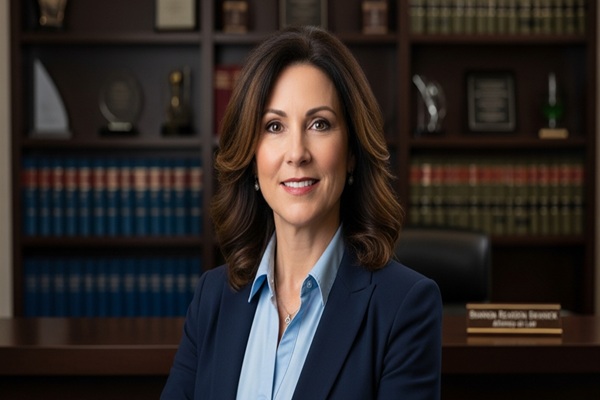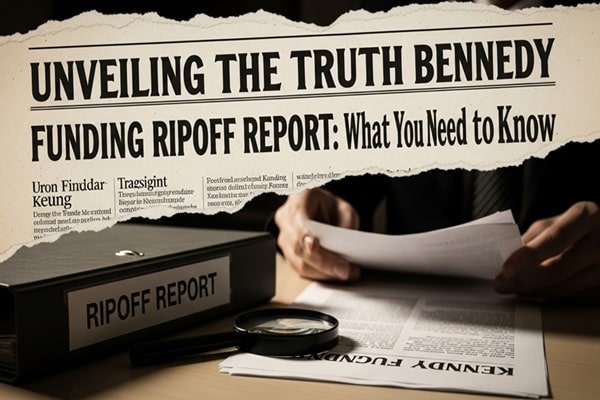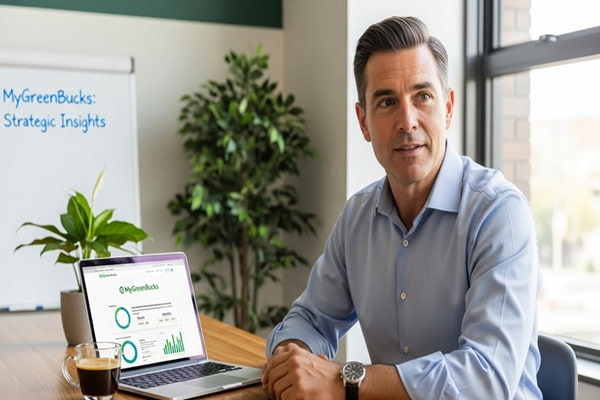Real estate investors are buzzing about the Ashcroft Capital lawsuit—a high-stakes dispute raising questions about transparency, fiduciary responsibility, and syndication ethics. Whether you’re invested or simply curious, here’s a friendly, easy-to-understand breakdown of what’s going on—and why it could matter to your portfolio.
1. What’s the Lawsuit Really About?
A coalition of accredited investors (limited partners in syndications) has filed suit, accusing Ashcroft Capital of:
-
Misleading projections—they say promised returns were inflated
-
Hiding risk—& lack of disclosures on cost overruns or rent dips
-
Sidelining investors—with delayed updates and insufficient transparency
-
Breaching fiduciary duty and securities laws—claiming misuse of investor funds and questionable fee structures thecoastline-magazine.com+12Management Works Media+12Moranalytics+12Cordless.io.
This isn’t just a minor dispute—it’s shaking confidence in a major real estate syndicator.
2. Who Filed, and Who’s on Trial?
-
Plaintiffs: A group of limited partners behind apartment-buying syndication deals
-
Respondent: Ashcroft Capital, founded by industry veterans like Frank Roessler and Joe Fairless Coruzant TechnologiesCordless.io+1Coruzant Technologies+1
-
Legal teams: Lawyers on both sides are preparing for discovery—digging through emails, financial docs, and internal communications Management Works Media
This is a serious, evidence-rich battle.
3. Where Things Stand Now
As of mid-2025, the lawsuit is in the discovery phase:
-
Plaintiffs have requested detailed financial records, emails, and investor communications
-
Ashcroft Capital denies wrongdoing, pointing to standard disclosures like PPMs and risk warnings Axis Intelligence+12Coruzant Technologies+12heightmag.com+12
Expect further filings, possible motions to dismiss, and perhaps settlement talks in the coming weeks.
Also Read : Giniä in Action: Case Studies from Around the World
4. What’s at Stake for Investors?
The ripple effects could be wide-reaching:
-
Investor confidence is shaken. Passive investors depend on trust in syndicators—and this case cuts to the heart of that trust Management Works MediaCasuals mite+1Moranalytics+1Casuals mite+3Cordless.io+3Management Works Media+3
-
Other syndicators are on notice. Best practices like detailed risk disclosure, conservative forecasting, and frequent reporting could become industry standard Management Works Media+1Cordless.io+1
-
Potential REIT impact: The case may influence Real Estate Investment Trusts as investor scrutiny intensifies IT Shifting+6Casuals mite+6eman-network.com+6
5. What the Industry Is Learning
This lawsuit highlights several key lessons:
-
Demand real transparency—expect accurate performance projections, timely financial updates, and clarity about who’s handling your money.
-
Vet syndicators carefully—ask about their track record, communication cadence, and fee alignments.
-
Ensure your interests are aligned—does the GP have “skin in the game”? Are their incentives tied to your returns?
6. What Should You Do Now?
If you’re an Ashcroft investor—or considering a real estate syndication—here’s what you can do:
-
Stay updated—look to court documents and reputable financial outlets, not just investor forums theadventuretrip.com+10Management Works Media+10Coruzant Technologies+10Coruzant Technologies+1Cordless.io+1
-
Review your documents—especially your PPM and subscription agreements
-
Consult a specialist—securities or real estate lawyer can clarify your rights and options
-
Consider diversification—don’t let one investment define your financial future
7. Why This Is Bigger Than Just One Firm
As U.S. markets become more cautious, this case is shaping how investors view private syndications:
-
Transparency expectations: Quarterly dashboards, investor portals, and performance reports may soon be table stakes
-
Regulatory oversight: This might trigger tighter scrutiny of private offerings and better disclosure rules
-
Investor empowerment: Passive investors now expect clarity—and syndicators will have to meet that standard or risk losing trust
The Bottom Line
The Ashcroft Capital lawsuit is a major real estate event—not simply drama, but a turning point for investor rights, transparency, and accountability in the syndication space. If you’re involved or considering such investments, now is the time to do your homework.
Stay informed. Stay cautious. And keep demands for clarity front and center. Real estate returns are sweet when built on trust. Without it, even big wins become hard to savor.












Leave a Reply